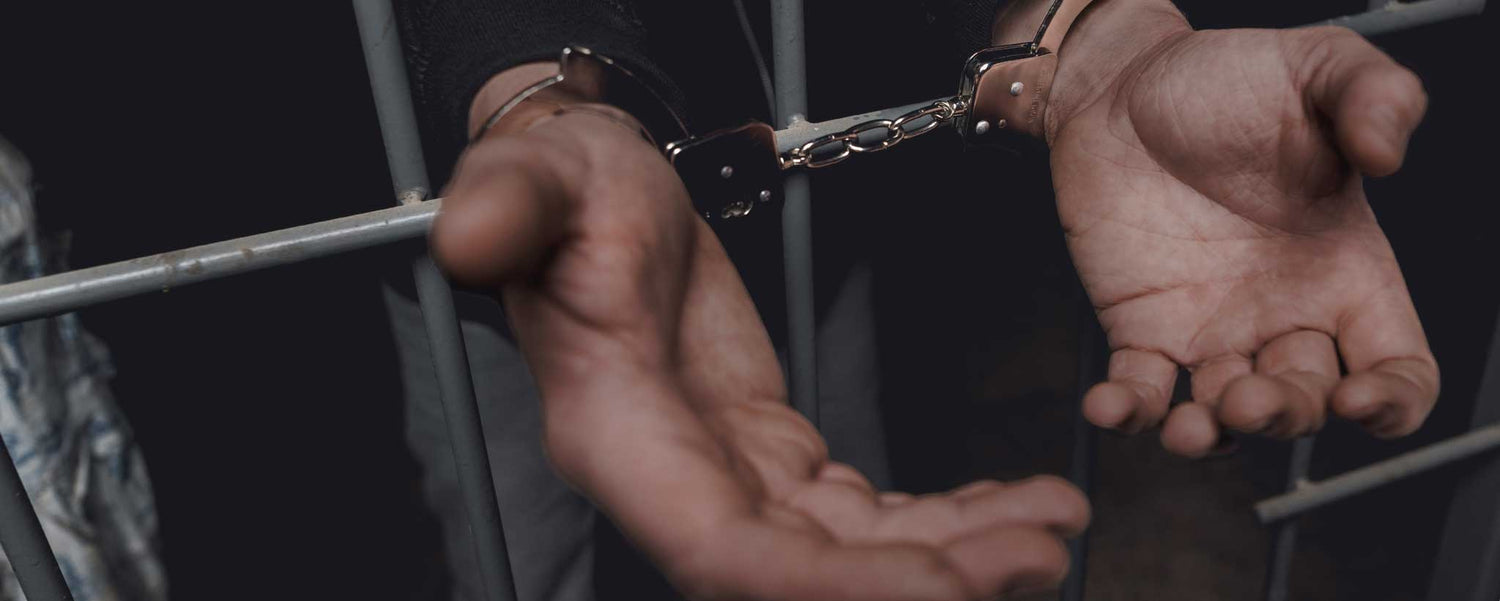Paid-Access Required
Episode Synopsis
In the exciting miniseries conclusion, Bello risks freedom to save his family. Now he faces consequences for the illegal use of hospital resources.
Don‘t miss this ClinicalNovellas finale for reading or listening. Enjoy weekly fictional short story episodes. Membership unlocks a collection of emotionally immersive, interactive experiences enhanced with images and audio.



